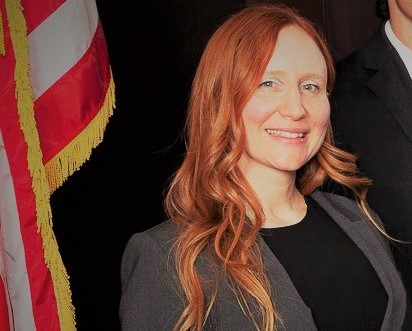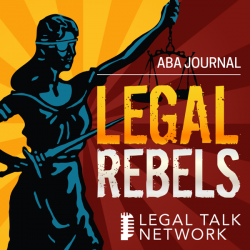Unusual suit says banks are linked to Iraq attacks, seeks damages under terrorism-support law
An unusual federal lawsuit filed Monday says some members of the U.S. military injured and killed in Iraq weren’t casualties of war.
They were victims of a terror campaign, for which funding and training was provided by groups in Iran, the complaint (PDF) in the Brooklyn case alleges.
And some of the world’s biggest banks are linked to that campaign, the suit contends. That’s because they were part of a financial conduit that eventually put money in the hands of the groups through wire transfers, evading U.S. sanctions against Iran while doing so, the suit alleges.
“The defendants provided Iran with the means by which it could transfer more than $150 million” to militant groups that “were actively engaged in planning and perpetrating the murder and maiming of hundreds of Americans in Iraq,” the suit states. It says that Hezbollah and Iran’s Islamic Revolutionary Guard Corps-Qods Force were among the entities directly responsible for the claimed terror attacks.
Although public settlement agreements between the defendant banks and the U.S. Department of Justice make some similar allegations, even lawyers for the more than 200 plaintiffs acknowledge the groundbreaking new case may be difficult to prove, according to the New York Times’ DealBook blog, Reuters and the Wall Street Journal (sub. req.).
“Does it matter whether a particular bank was the physical conduit of the transfers to the terror apparatus?” asks attorney Gary Osen, who represents the plaintiffs. “Or is it enough that they were in a conspiracy which made that possible, and that they were, as a legal matter, deliberately indifferent to that result?”
Law professor Jimmy Gurule of Notre Dame, who apparently is not involved in the litigation, says it faces two major hurdles, Reuters reports. First, the federal courts may not be willing to apply a conspiracy or aiding-and-abetting theory to a bank under these circumstances. Second, if the attacks at issue are determined to be wartime acts, they cannot be the basis for a private lawsuit by members of the military and their families.
The suit seeks unspecified damages under the Anti-Terrorism Act of 1992, which would be trebled under the statute if awarded, contending that banks provided material support to those responsible for the attacks.
Defendant banks, which include Barclays PLC, Credit Suisse Group, HSBC Holdings PLC, the Royal Bank of Scotland PLC and Standard Chartered PLC, declined requests for comment by Reuters and the Wall Street Journal.



